Every day that Donald Trump doesn’t address the $354 million fine imposed on him in a recent civil fraud case, his financial woes grow by $87,502. This isn’t just any number — it’s the daily post-judgment interest calculated at a 9% annual rate, mandated by Judge Arthur Engoron’s ruling.
This decision stems from allegations of inflating net worth for favorable loan terms, a claim Trump vehemently denies but is now costing him dearly.
The Origins of Trump’s Financial Quagmire
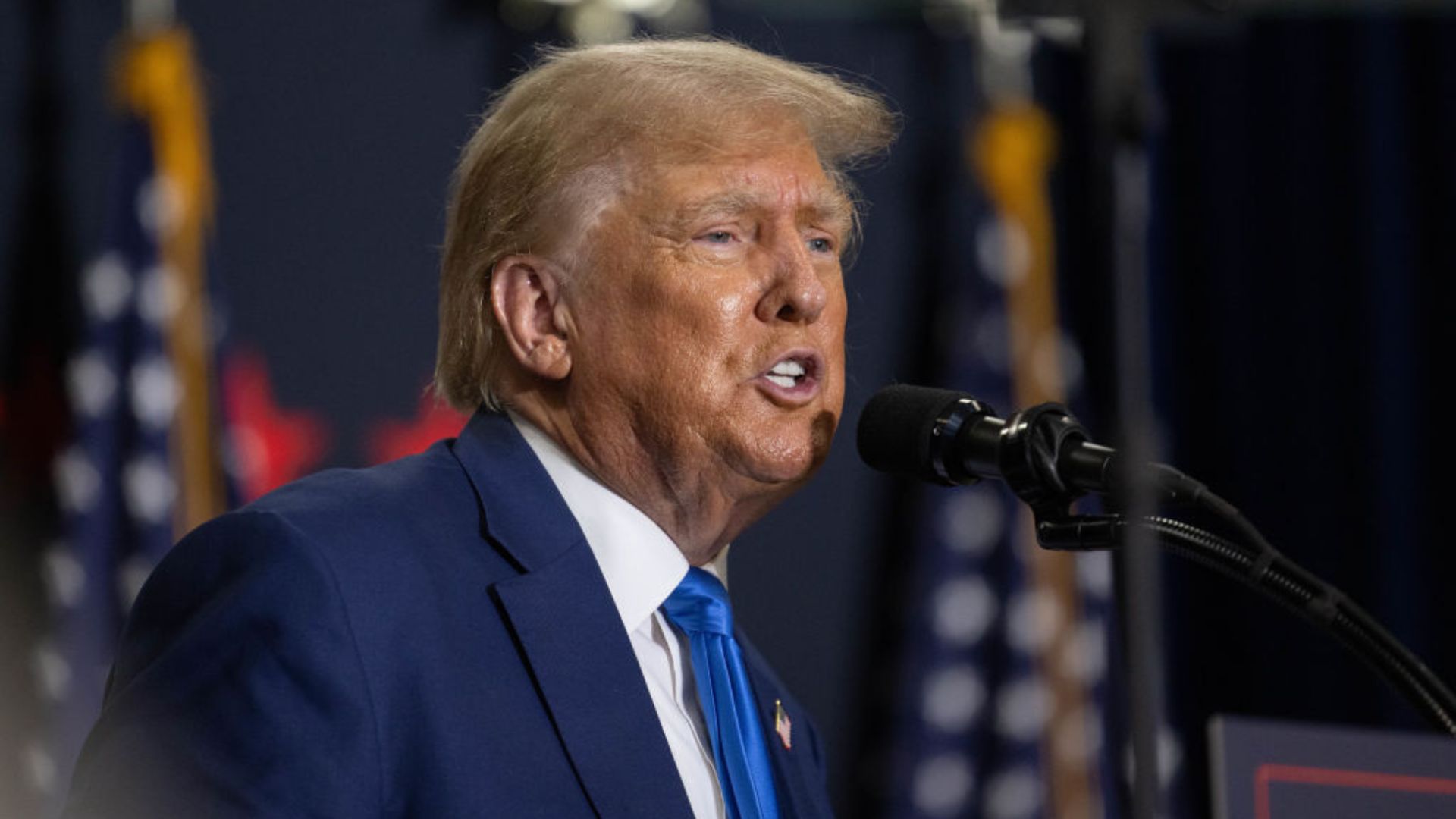
The case against Trump, spearheaded by New York Attorney General Letitia James, reveals a tangled web of alleged financial deception. By inflating his net worth, Trump and his adult sons secured loans under terms that were more than just favorable — they were based on falsehoods.
This fraudulent activity, according to the court’s findings, has led to a landmark financial penalty aimed at rectifying the injustice (via The Associated Press).
Interest Adds Insult to Injury
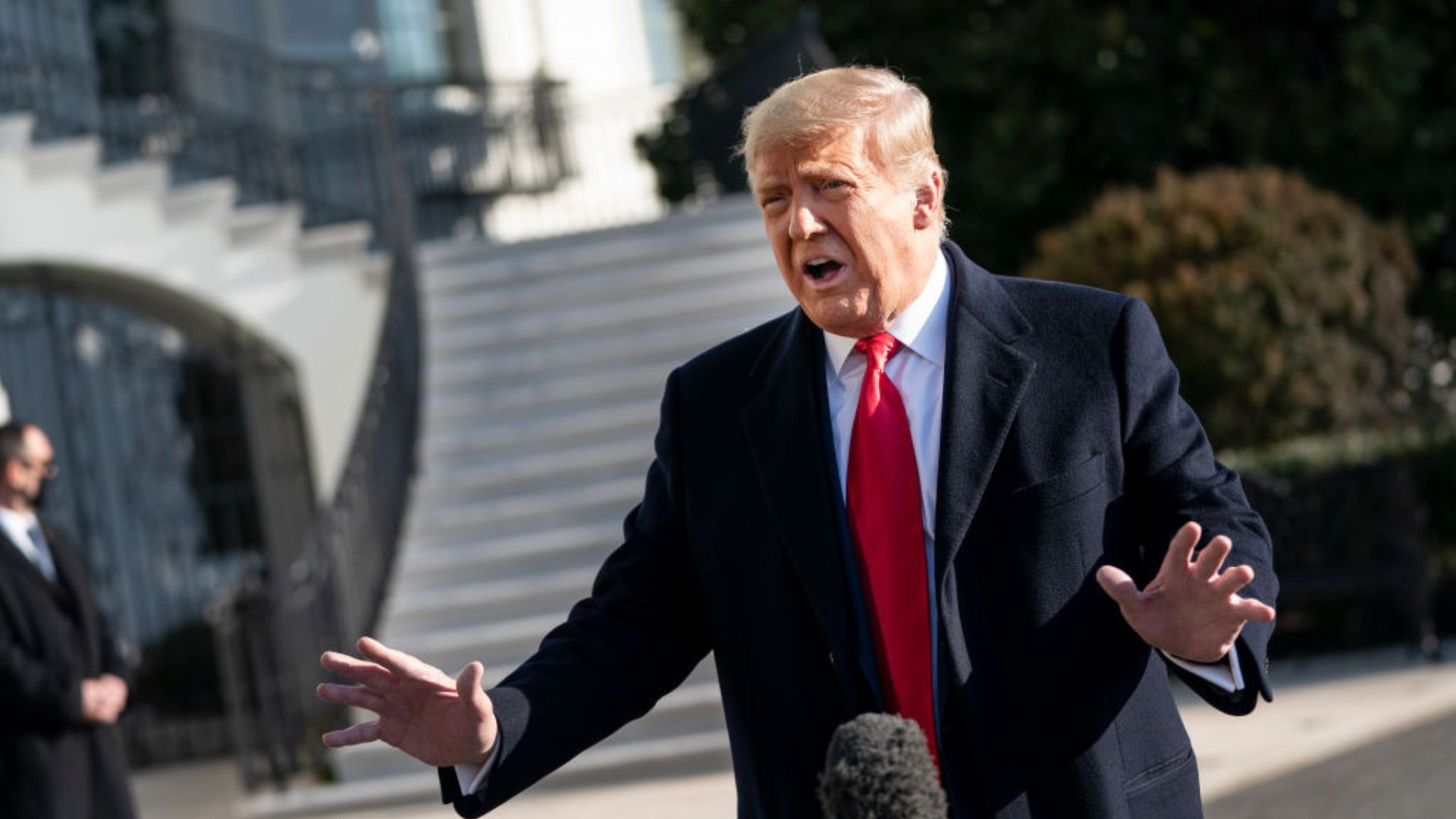
Beyond the staggering fine, the accrual of over $600,000 in interest each week adds a relentless financial strain on Trump.
This ticking clock pushes Trump toward a quicker resolution before he finds himself drowning in an ever-deepening sea of debt.
Navigating the Appeal’s Financial Minefield
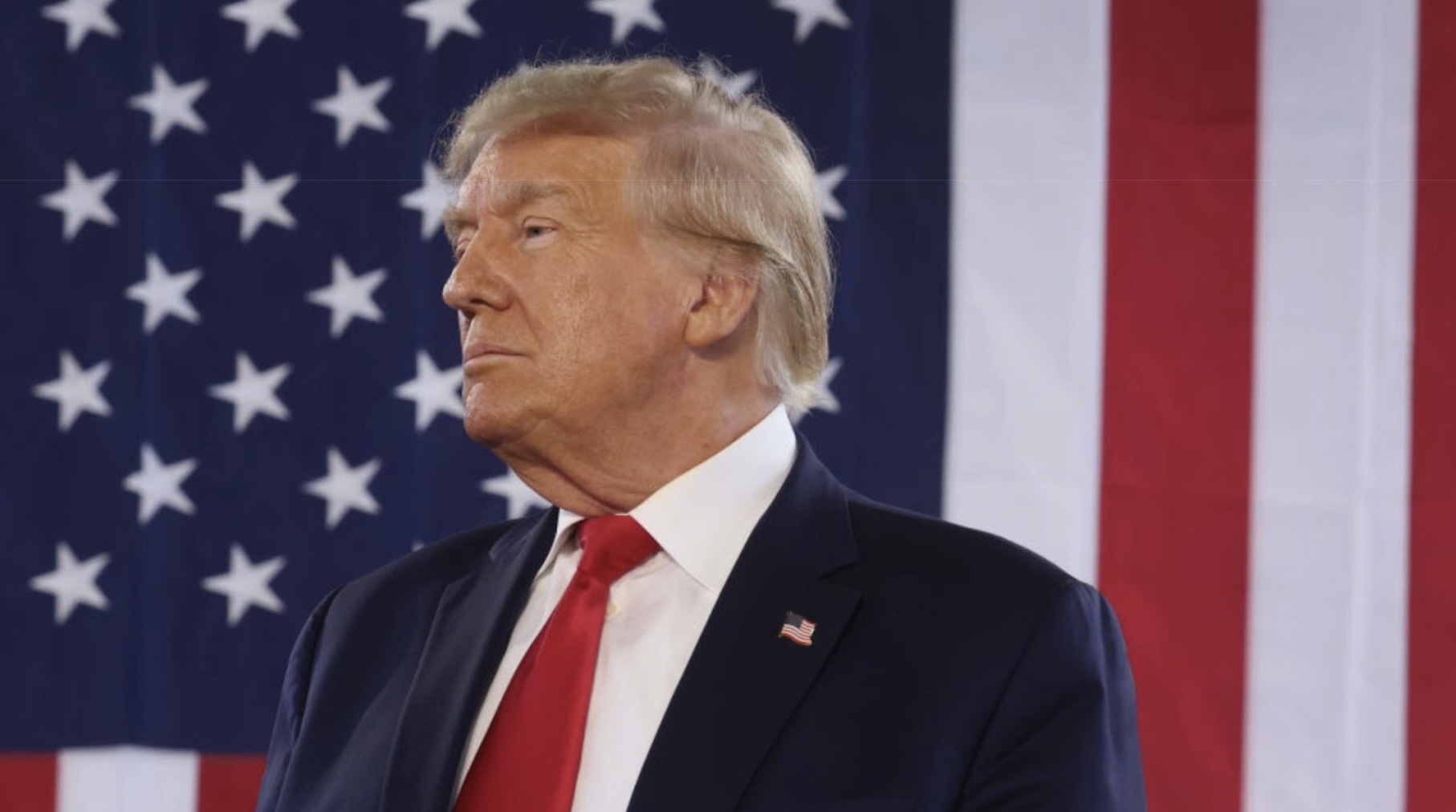
Trump’s decision to appeal might offer a temporary reprieve, but it’s far from a simple exit. To move forward, he must either place the full fine amount into an escrow account or post a bond.
This choice carries its own financial weight, with interest continuing to accrue, potentially adding millions to his tab.
Family Ties to Financial Penalties
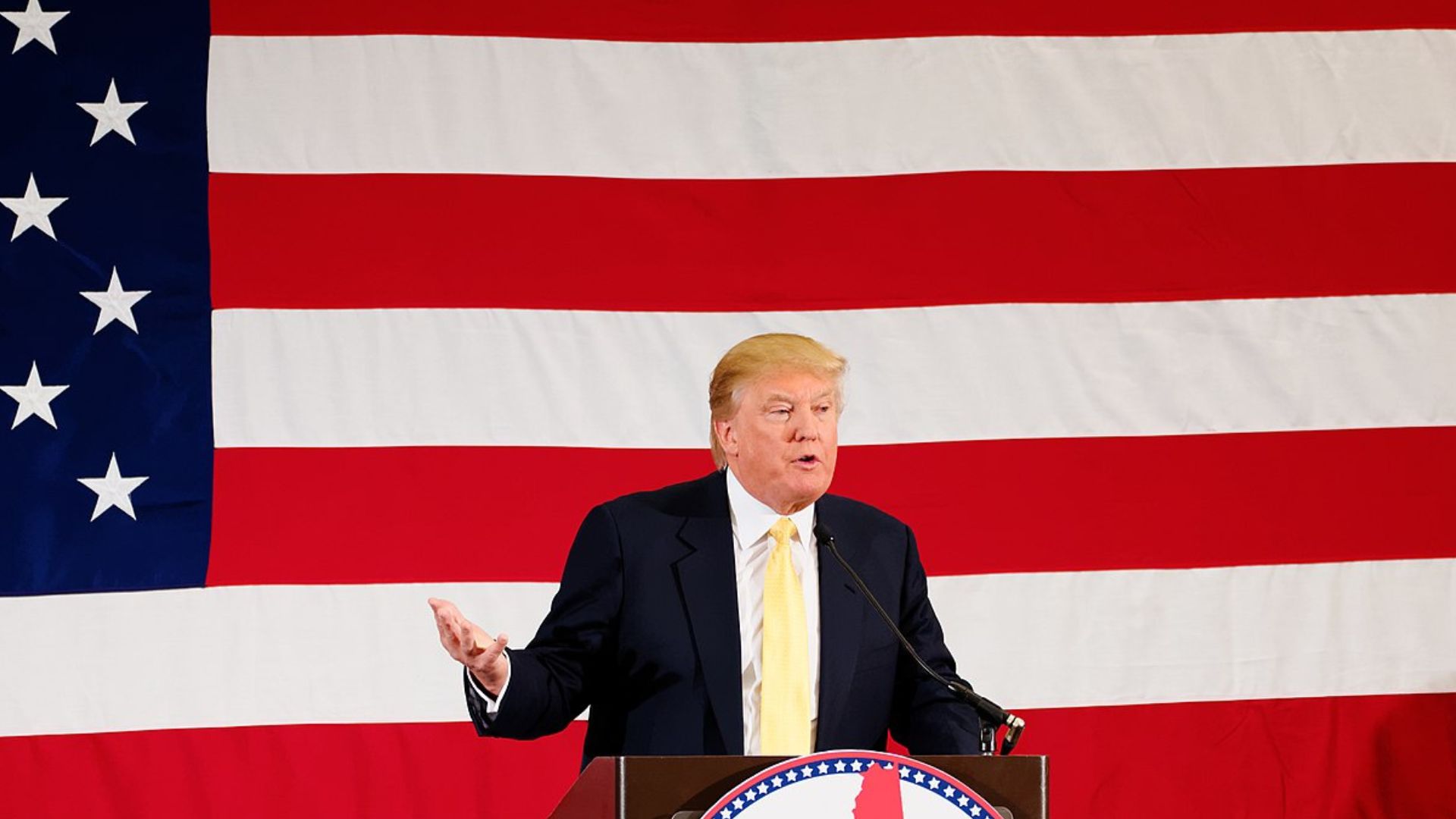
The ripple effects of the case extend to Trump’s sons, Donald Jr. and Eric, who face their own fines and daily interest charges.
Their involvement shines a light on the widespread nature of the alleged fraud within the Trump organization, painting a picture of collective responsibility.
Weisselberg’s Role and Repercussions
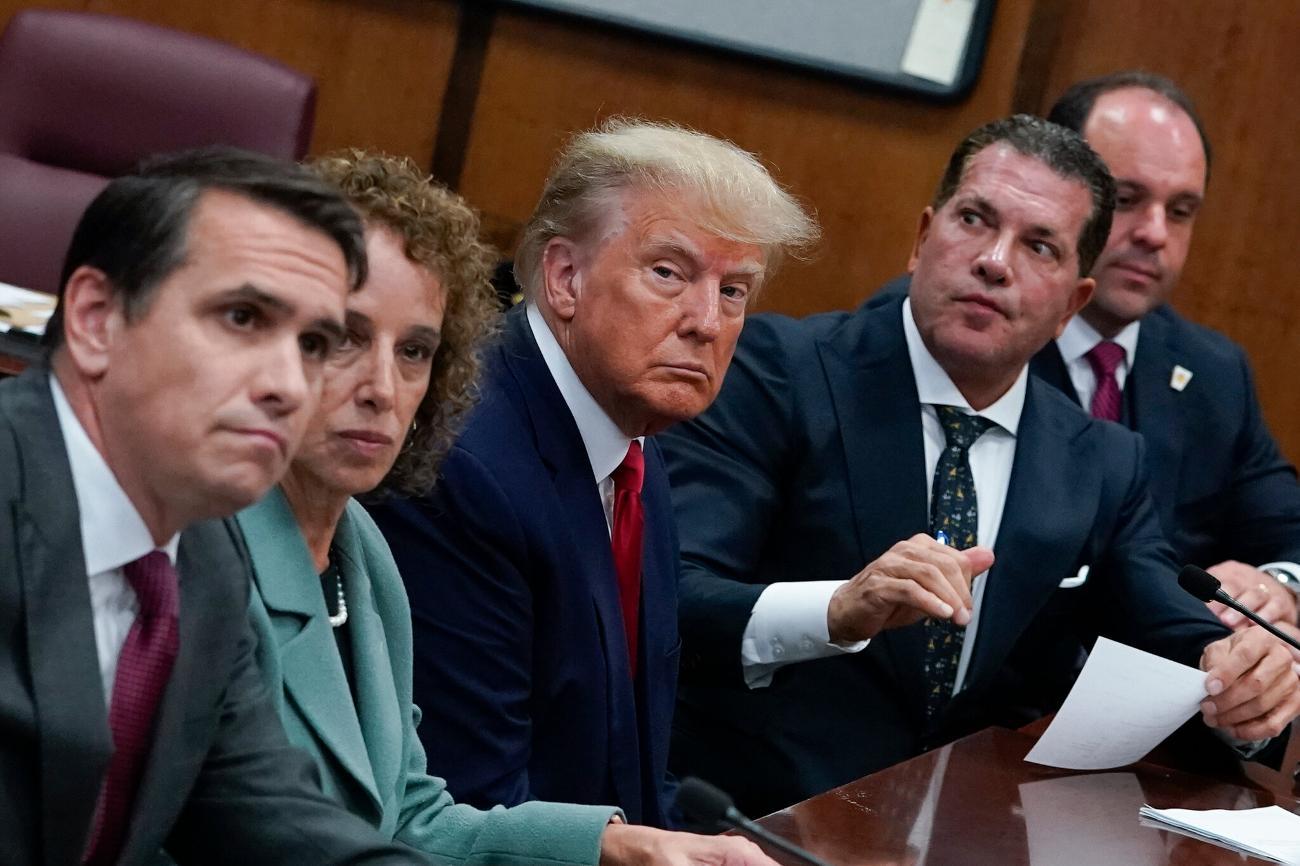
Allen Weisselberg, once a trusted CFO within the Trump Organization, faces significant fines for his participation in the scheme as well.
His penalty serves as a stark reminder of the personal costs of loyalty in the face of legal and ethical breaches, highlighting the deep roots of the fraud.
Asset Seizure: A Real Possibility
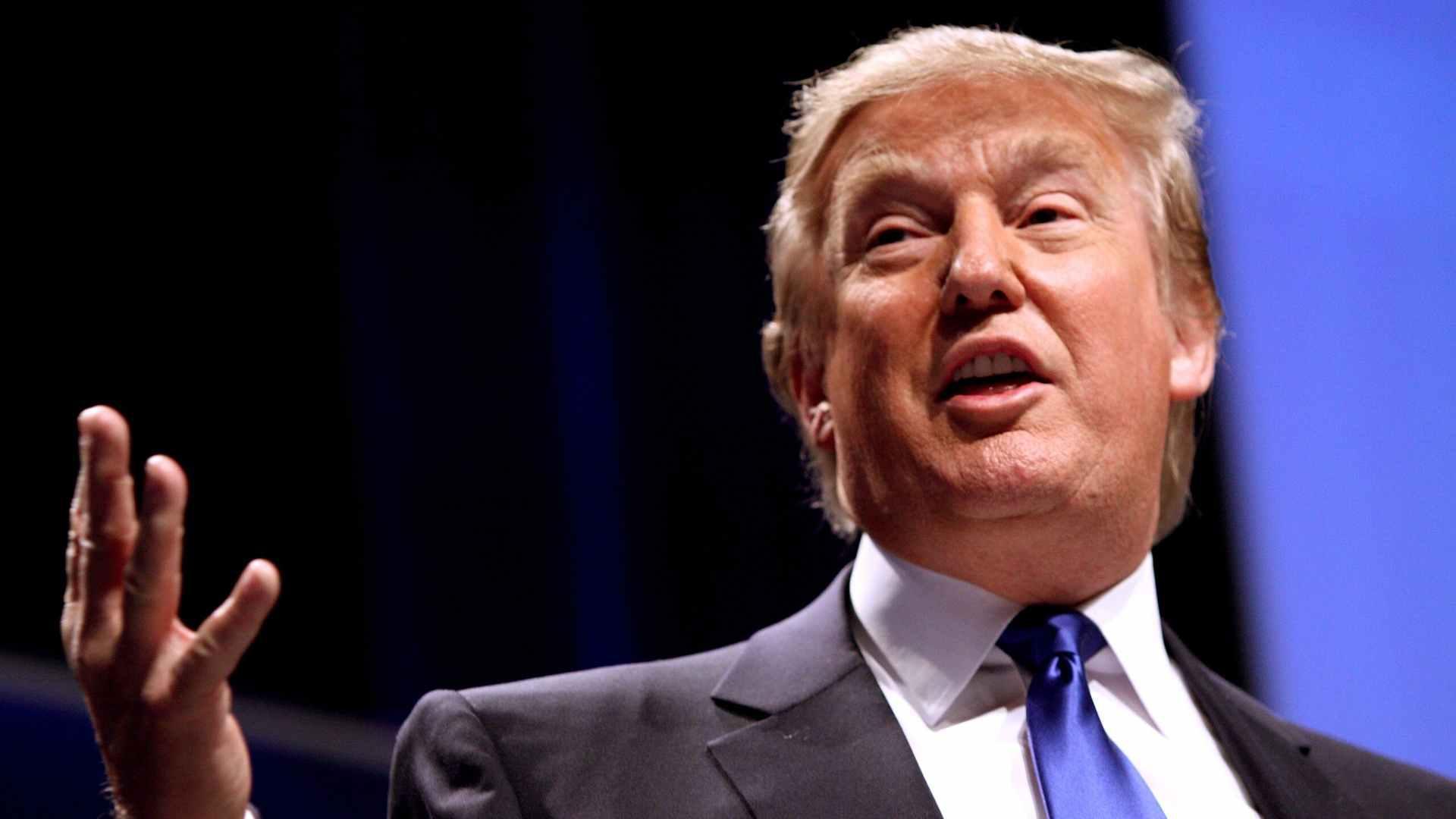
Letitia James has made it clear that if Trump cannot liquidate the fine, asset seizure could be on the horizon.
In an interview with ABC News, James stated, “If he does not have funds to pay off the judgment, then we will seek judgment enforcement mechanisms in court, and we will ask the judge to seize his assets.”
Understanding the 9% Interest Rate

The choice of a 9% interest rate is not arbitrary.
Rooted in the New York Civil Practice Law & Rules, it actually reflects a strategical measure designed to discourage fraudulent behavior and compensate for the time-value of money lost due to such actions.
The Calculation Behind the $354 Million Fine
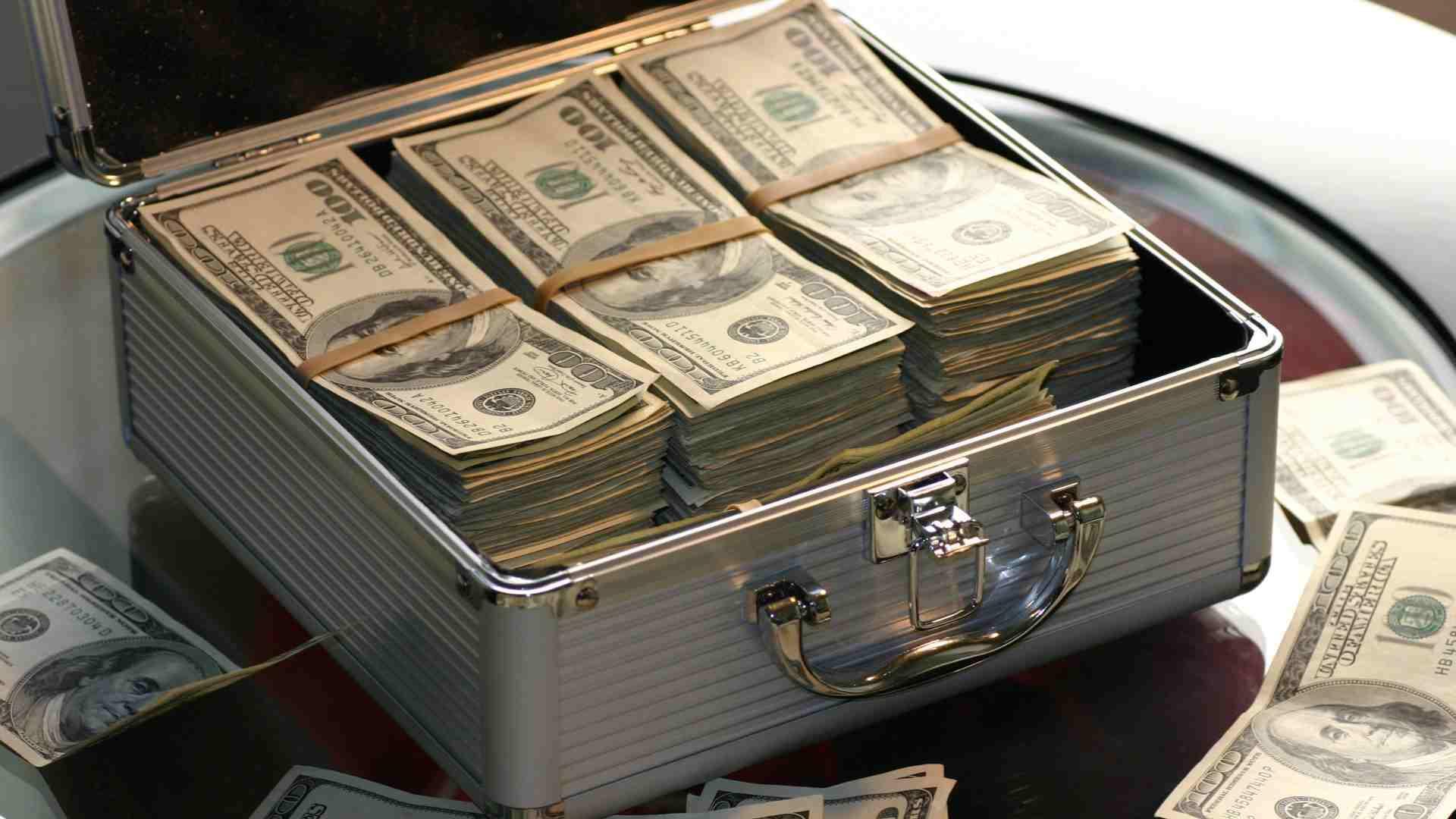
Arriving at the $354 million fine was no simple task.
It involved a detailed analysis of Trump’s financial maneuvers, including real estate sales and bank loans, each contributing to a sum reflective of the extent and impact of the fraud.
The Significance of Prejudgment Interest
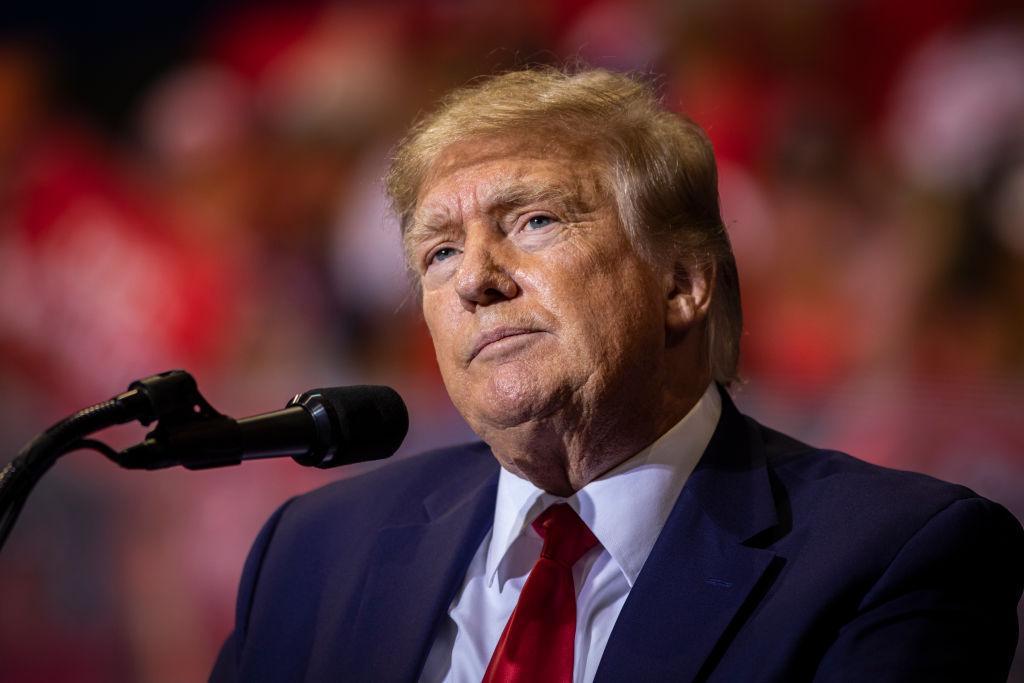
Prejudgment interest, accruing from the moment of each fraudulent act, adds another layer to the financial narrative.
This element ensures that the penalty is not just a static figure but one that grows, emphasizing the ongoing nature of the legal and financial consequences.
The Financial Gamble of an Appeal
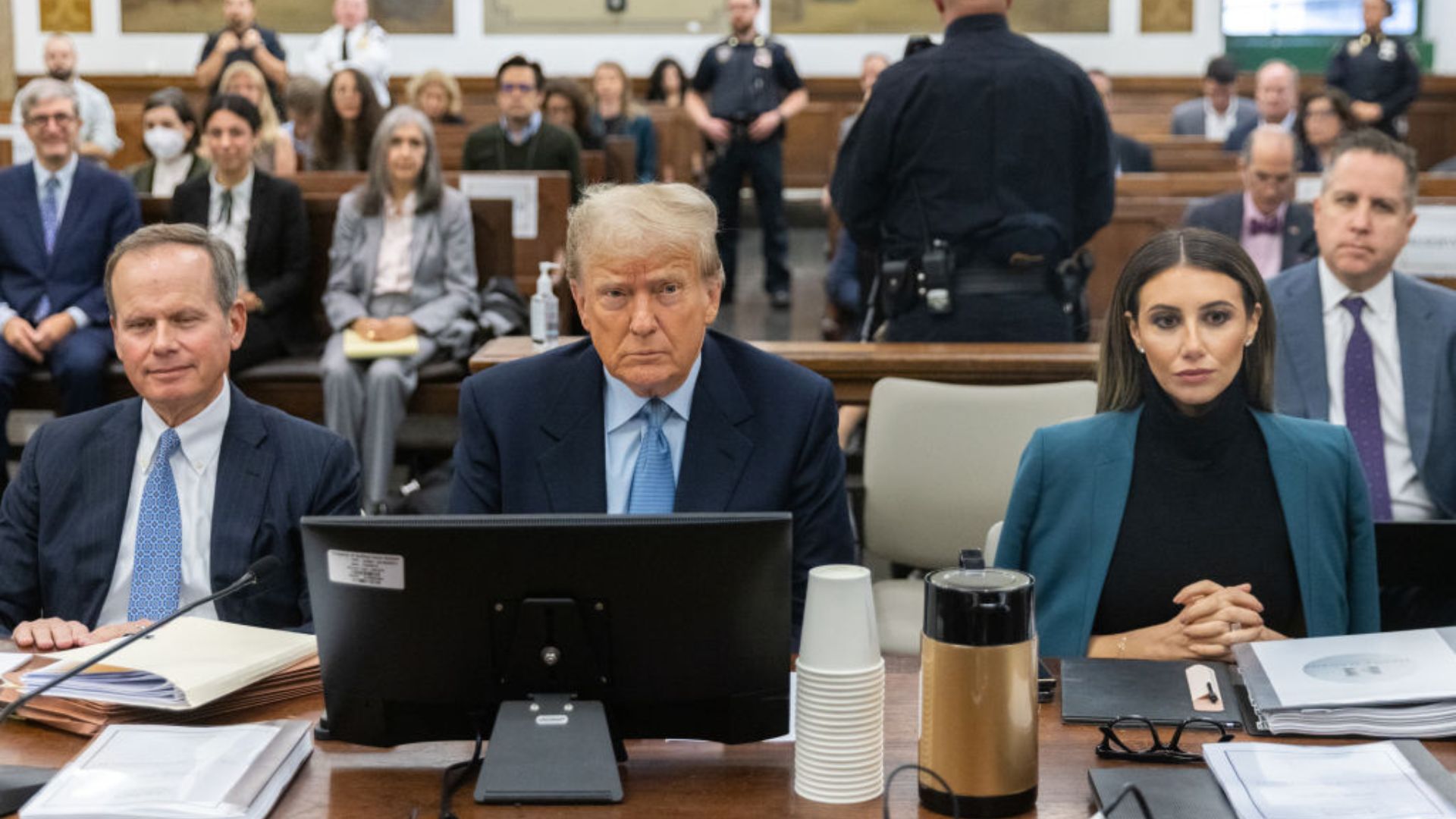
Trump’s appeal is not just a legal battle — it’s a high-stakes financial gamble.
With the potential for the interest owed to skyrocket further, Trump faces a critical decision that could significantly impact his financial future and legacy.
A Moment of Reckoning
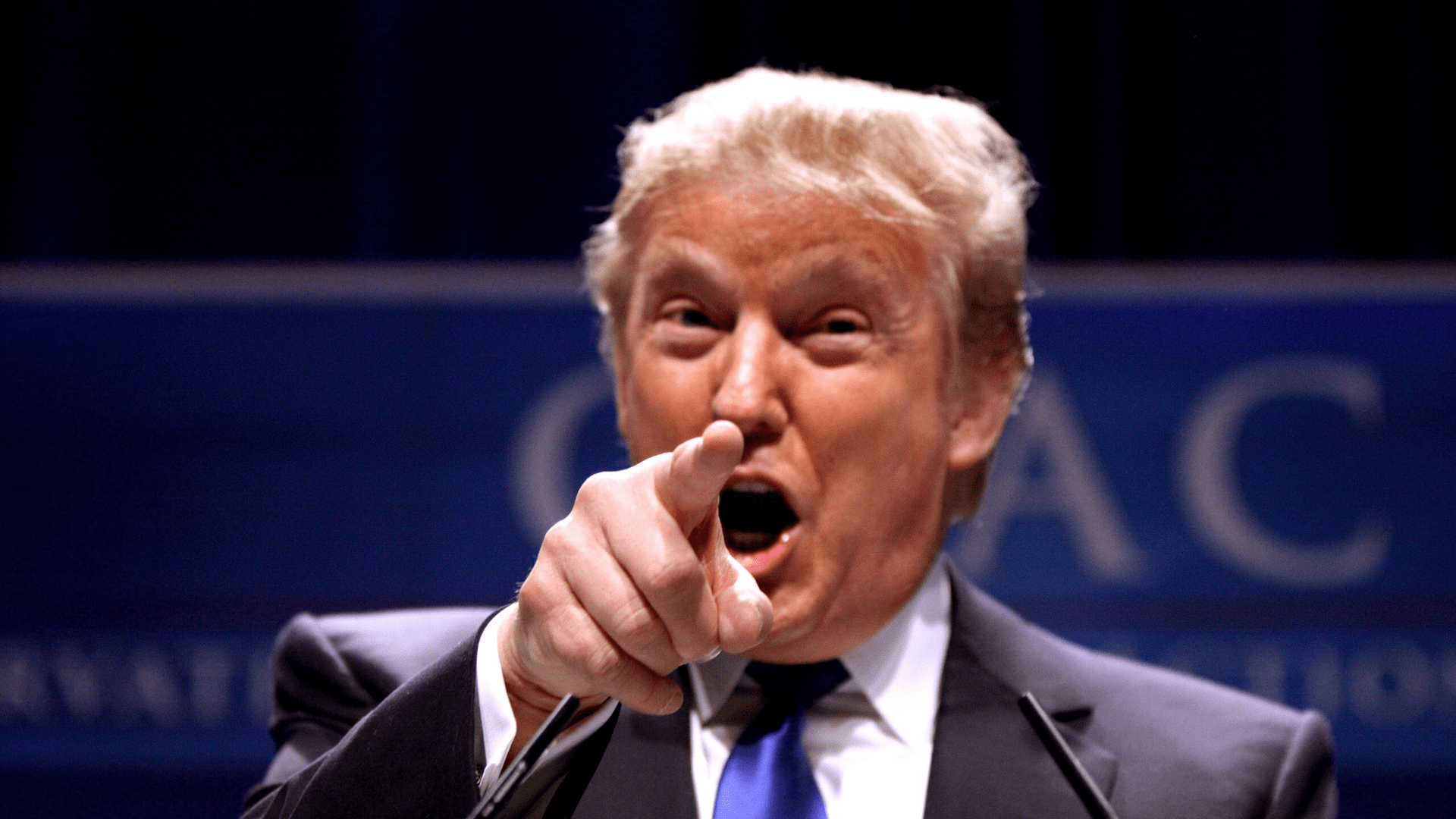
This case is both a legal challenge for Trump, as well as a moment of reckoning that tests the limits of accountability for public figures.
It highlights the importance of transparency and honesty in business practices, setting a precedent that may well shape the landscape of corporate and personal ethics for years to come.
